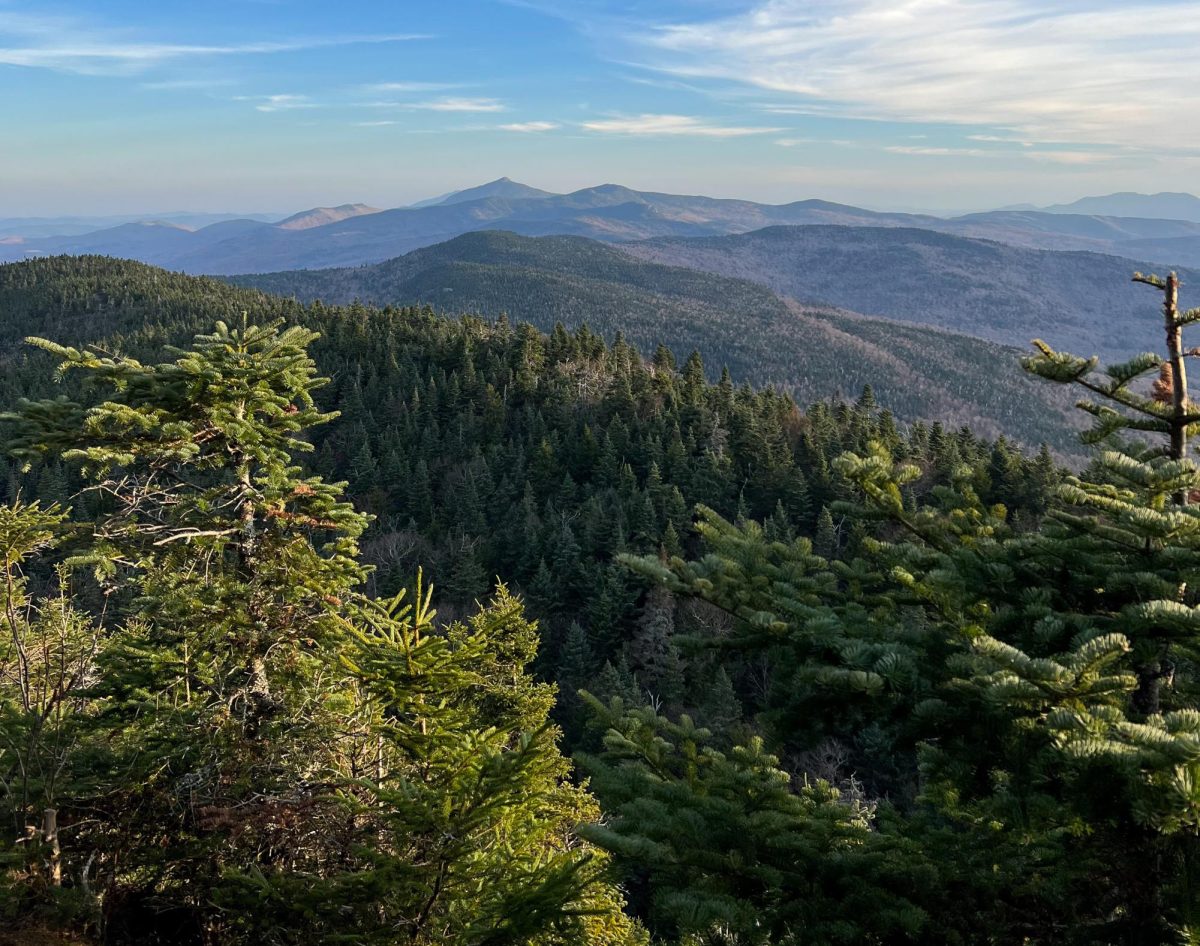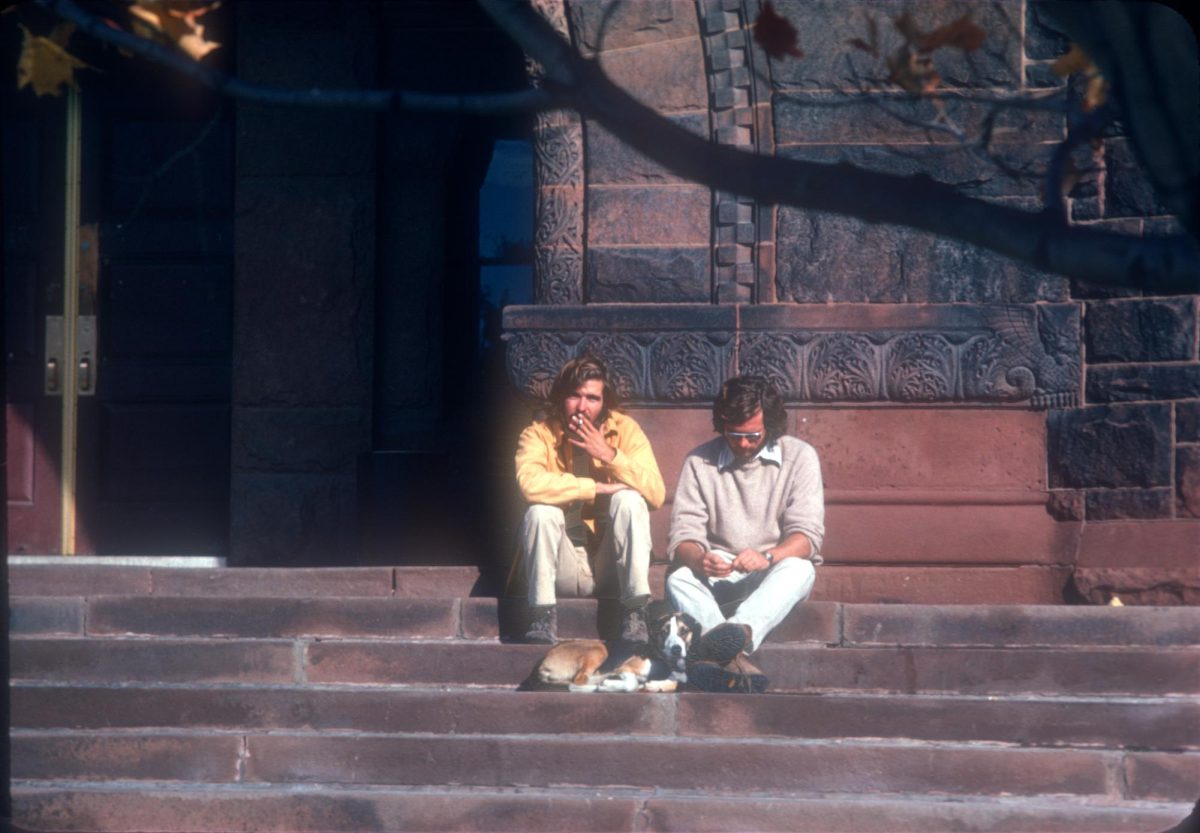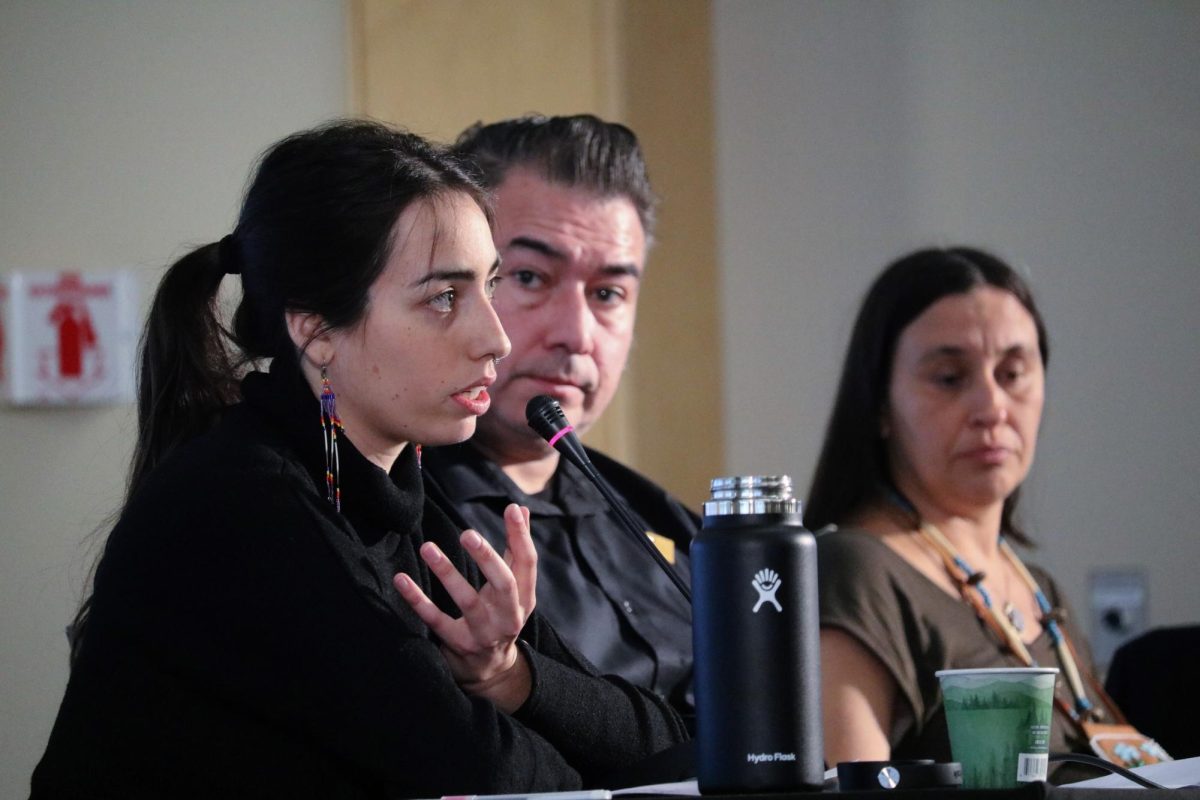Okkervil River
The Stand Ins (Jagjaguar Records)
3.5 Stats
While the indie world is wrapped up in the nondescript jaunt of synth-pop and dance rock, Okkervil River has released another intricate, thinking-man’s album.
For the veteran indie folkers from Austin, Texas, The Stand-Ins represents the idea that music doesn’t have to be “All sweetly sung and succinctly stated / To make you sing along” as Will Sheff bluntly states in one of their more ironically poppy songs, “Pop Lies.”
The Stand-Ins is the second half of The Stage Names, Okkervil River’s commercial breakthrough album and the album art companion to Stand-Ins. Okkervil River’s strength lies in their ability to create rich narratives.
Their double album presents the theme of relationships, both within their band and with their fans, through the perspective of a chintzy movie (Stage) and an eventful rock show (Stand).
Unlike their previous albums, Stand-Ins opens up the action with a high-pitched prelude of spacey horns that give way to a unique melody found throughout the album.
This leads directly into “Lost Coastlines,” a voice-dominated duet of Will Sheff and Shearwater’s Jonathan Meiburg and is the best song on the album. Rolling along through the ditty, it seems to reproduce many of the more catchy songs on Stage Names – although Meiburg’s voice complements Sheff’s nicely; once an integral member of the band, he has decided to focus much of his attention upon Shearwater. The interlude of la-la’s plays right into a live show, a section that could very possibly engage a laid-back crowd into a sing-along.
While primarily sticking to their formula of lyrically-driven, catchy folk-rock songs, they do inject other intriguing, if not odd, styles into their music. In addition to the crooning on “Lost Coastlines,” “Singer Songwriter” broaches the line of country rock with an upbeat riff and Bruce Wayne Campbell Interview hints of Dylan.
That is not to say that Okkervil River lacks originality, though.
“Starry Stairs” depicts the main theme of the album, of the story of the band and its interactions with fans.
While Okkervil River has added an orchestra to their arsenal in recent years, the main attraction remains the voice of Will Sheff – and this is ever apparent on The Stand-Ins, with tone shifts and vocal exercises of varying success dispersed throughout the album. “Blue Tulip,” a gem of a ballad stuck in the middle, displays most of his better vocal qualities interspersed with a song about a negative relationship with a girl.
The newly added piano/synth shines through in the bridge of “Tulip,” foreshadowing future prospects of a more prominent role.
Amid a sea of personnel changes, The Stand-Ins does exactly what it says that it will: it acts as a worthy follow-up to a breakthrough album and leaves audiences wondering which direction Will Sheff and his comrades will go in the future.
At times, Okkervil River seems to be mirroring Colin Meloy and The Decemberists, replete with obscure references only caught by avid readers and rich lyrical narratives, though both bands have something to learn from each other.
If Sheff continues to direct his entourage towards the indie giants, they will receive more coverage – but they may also lose the originality that the former guitar-laden band took so long to develop.















